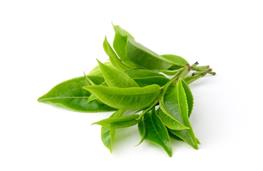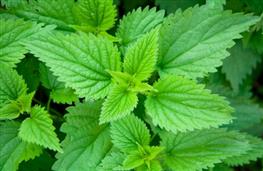Flavonoids
Health benefits of Flavonoids:
May contribute to your heart health, healthy blood pressure and may provide protection from cancer, osteoporosis, cataracts and strokes
The Worlds Science
See the bottom of this page for the ingredients highest in flavonoids.
What are flavonoids?
Flavonoids are phytochemicals (also known as polyphenols), these are the chemicals that plants use to defend themselves against disease. Research has shown that these same chemicals may be equally beneficial to the human body.
Flavonoids are phytochemicals (also known as polyphenols), these are the chemicals that plants use to defend themselves against disease. Research has shown that these same chemicals may be equally beneficial to the human body.
Why does it matter to me?
Scientists are working on the proposition that dietary flavonoids are a key to protecting our health and preventing disease.
It was popularly thought that flavonoids were primarily antioxidants as this is how they behave in an 'in vitro' (test tube) environment. However is has been shown that this antioxidant effect is unlikely to happen within us due to the way flavonoids from food are digested.
it is now thought that the role of flavonoids in our body is their contribution to coordinating the communication between our cells to benefit our system as a whole (cell signaling)1.
Did you know?
Research done on humans has consistently shown that diets high in fruits and vegetables which contain flavonoids lead to a considerable reduction in the risk of heart disease, stroke, high blood pressure, cancer, osteoporosis and cataracts3.
Did you know?
- Flavonoids may help in preventing cancer by stopping mutations in our cells that can lead to cancer
- Flavonoids may enable cells to die off when they need to, avoiding the DNA damage that can lead to cancer
- Flavonoids may stop our body producing the new blood vessels that cancer uses to grow and survive (pathological angiogenesis)2
- Flavonoids may decrease the risk of heart disease by reducing inflammation
Research done on humans has consistently shown that diets high in fruits and vegetables which contain flavonoids lead to a considerable reduction in the risk of heart disease, stroke, high blood pressure, cancer, osteoporosis and cataracts3.
Recent research has also shown a link between flavonoids and our gut health with flavonoids having a role in regulating gut microbes4.
However whilst flavonoids have been present in the diets of people shown to have a reduced risk of these conditions, it presently cannot be determined whether this protection is directly attributable to flavonoids or the combination of flavonoids and other micronutrients.
There is a great deal of scientific interest in the protective effects of flavonoids but the conclusions of the research done to date are far from definite, however some human research has shown for example, that quercetin (from onions & apples) may have significant health benefits along with myricetin (from tea, red wine & parsley)
How much should I have?
Based on the latest research the dietary recommeded intake of flavonols, (a group of flavonoids), is between 400 and 600mg per day so we have set a CYF starting guideline for flavonoids of 500mg plus per day for adults from as many different food sources as possible. Members can adjust their target amounts6.
There is a great deal of scientific interest in the protective effects of flavonoids but the conclusions of the research done to date are far from definite, however some human research has shown for example, that quercetin (from onions & apples) may have significant health benefits along with myricetin (from tea, red wine & parsley)
How much should I have?
Based on the latest research the dietary recommeded intake of flavonols, (a group of flavonoids), is between 400 and 600mg per day so we have set a CYF starting guideline for flavonoids of 500mg plus per day for adults from as many different food sources as possible. Members can adjust their target amounts6.
Recent research has shown that high supplement doses of phytochemicals or polyphenols can be damaging to DNA, showing that the most beneficial dosage is from natural food sources5.
Am I getting enough?
Want to check you are getting enough? Use the food diary to track your food and
benefit from daily, weekly and monthly reports.
Review date: 1/12/2024
Next review date: 1/10/2025
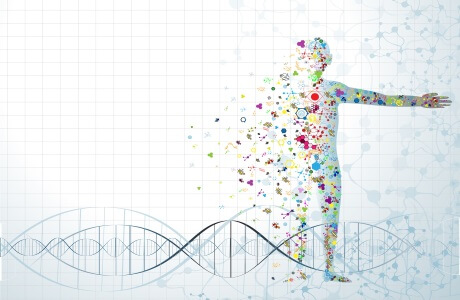
291
445
https://www.checkyourfood.com/content/blob/Micronutrients/top-foods-for-Flavonoids.jpg
Top 6 ingredients for Flavonoids taking into account portion size and cooking retention factors
Filter ingredients by:

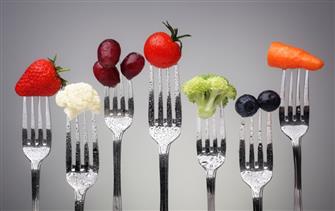 About nutrients
About nutrients
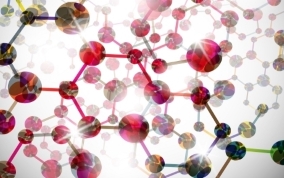 All nutrients
All nutrients
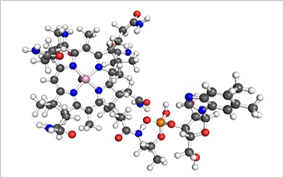 vitamins
vitamins
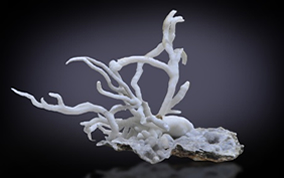 minerals
minerals
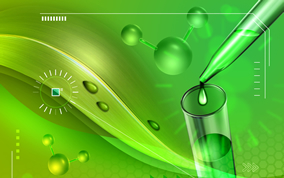 phytochemicals
phytochemicals
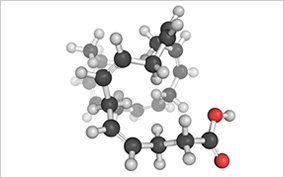 fatty acids
fatty acids
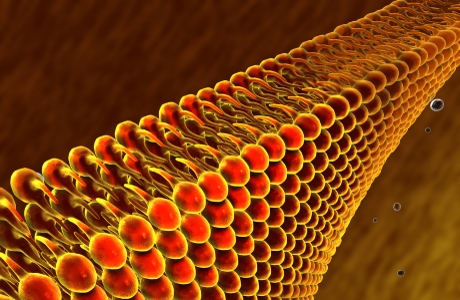 macronutrients
macronutrients
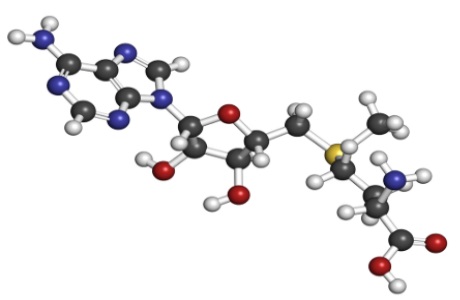 amino acids
amino acids

